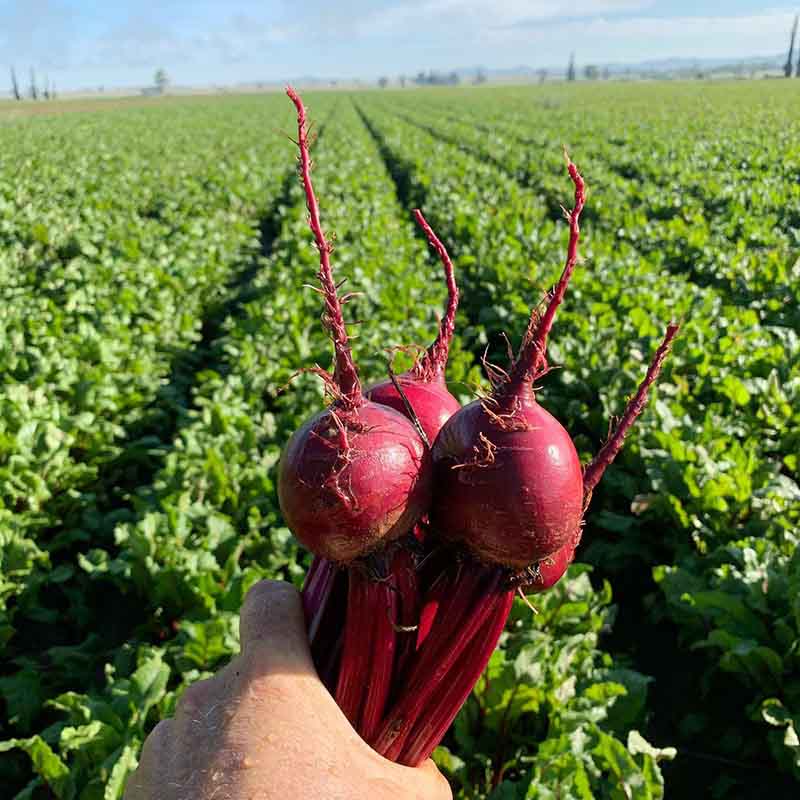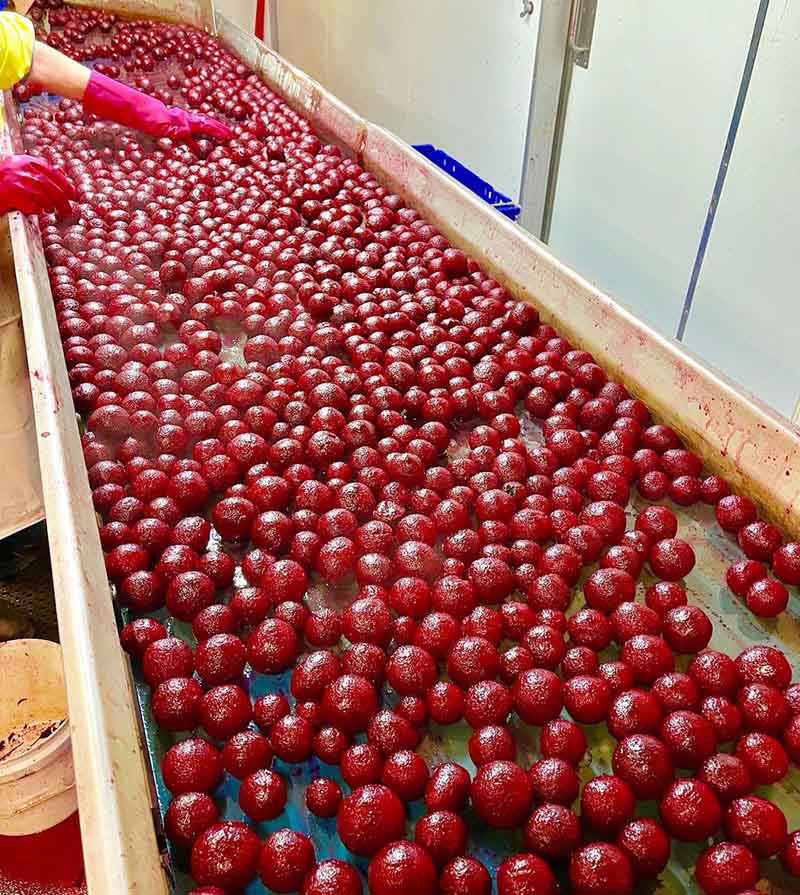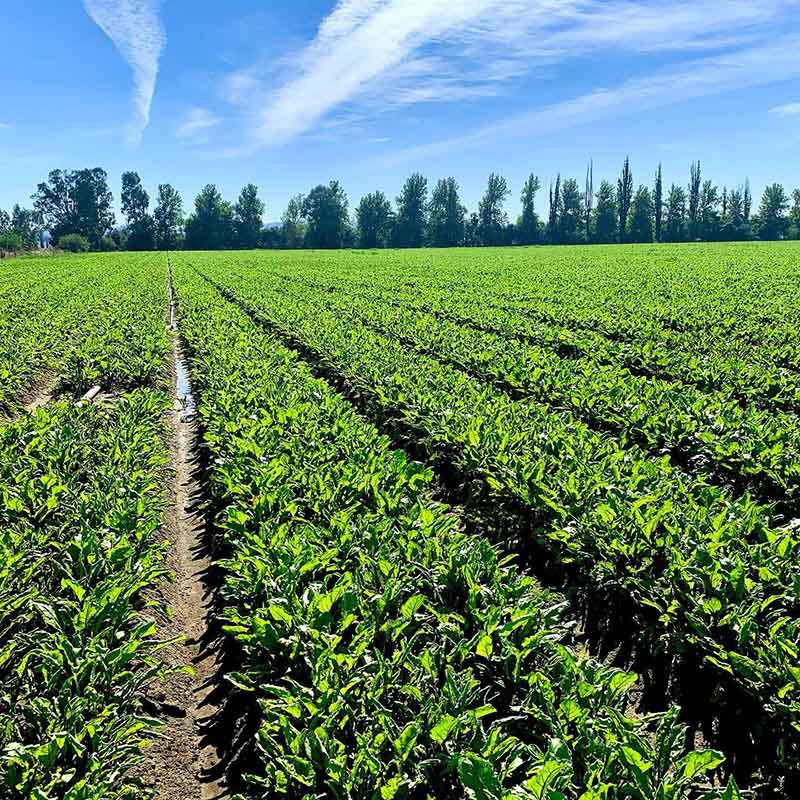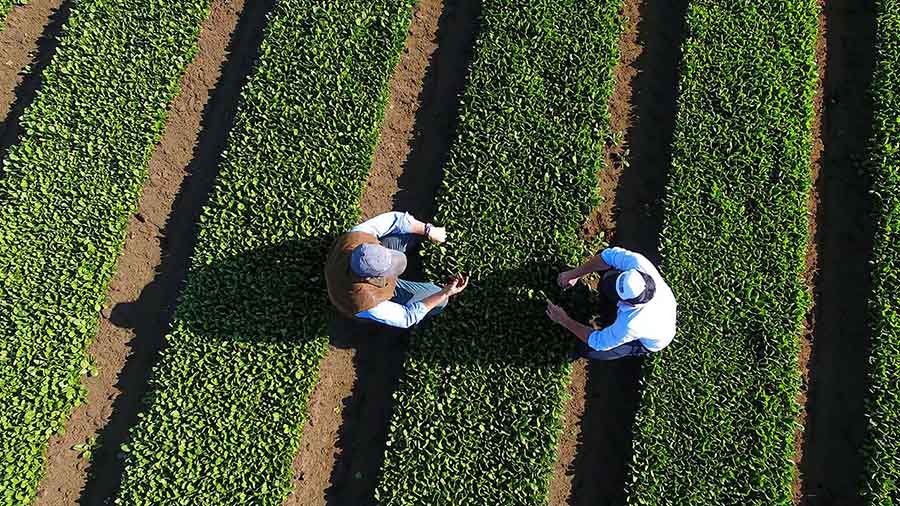 A 50-year history of beetroot production.
A 50-year history of beetroot production.
Mulyan Farm was established by the Fagan family in 1886 as a livestock grazing enterprise. In 1939, global agriculture was severely impacted by the outbreak of the Second World War. Within months, food production throughout Europe and other parts of the world was disrupted by farmer enlistment, supply chain destruction and invasion. When the Australian government responded by expanding the nation's processed food sector, the canning industry took off almost overnight. One of the many companies to expand was Edgells, who established a processing plant in Cowra to help feed the war effort. The Fagan's pivoted their operation into cropping for canning and soon established a substantial and profitable horticultural vegetable division. During this time, Mulyan hosted a large workforce of up to 500 people, and today some historic workers housing remains on the property.
Since the early 1940s Mulyan has operated three divisions - livestock, broadacre cropping and horticulture crops - however, the markets for these three enterprises are ever changing. After the war, Australia's canned vegetable industry continued to boom, and for almost 50 years Mulyan produced beetroot, asparagus, potatoes, tomatoes and onions for canning, as well as maintaining their broadacre cropping and livestock divisions.
The pioneering team at Mulyan have constantly adjusted crop choices and packaging methods to stay profitable and in line with changing consumer tastes.
Another seismic shift occurred in the final decades of the 20th century when globalisation opened the Australian market to cheaper imported food products. Unable to compete, Australian canneries and food processing companies began to fold, and Ed Fagan and his father, Peter, were forced to explore other market opportunities for their horticultural division. The father and son saw an opportunity within the rapidly expanding fast food and convenience sector and began growing salads that would end up in burgers. Since then the salad market has boomed nationwide, and the pioneering team at Mulyan have constantly adjusted crop choices and packaging methods to stay profitable and in line with changing consumer tastes.
Ed studied Ag Commerce at the University of Sydney, then worked all over the globe, and studied Postharvest Technology at University of California, Davis. He returned to Mulyan in 2002 to begin what he happily calls his 'life sentence'. Ed took over the everyday operations of Mulyan from his father in 2008 and has since carried on the farm's legacy of mixed cropping.




